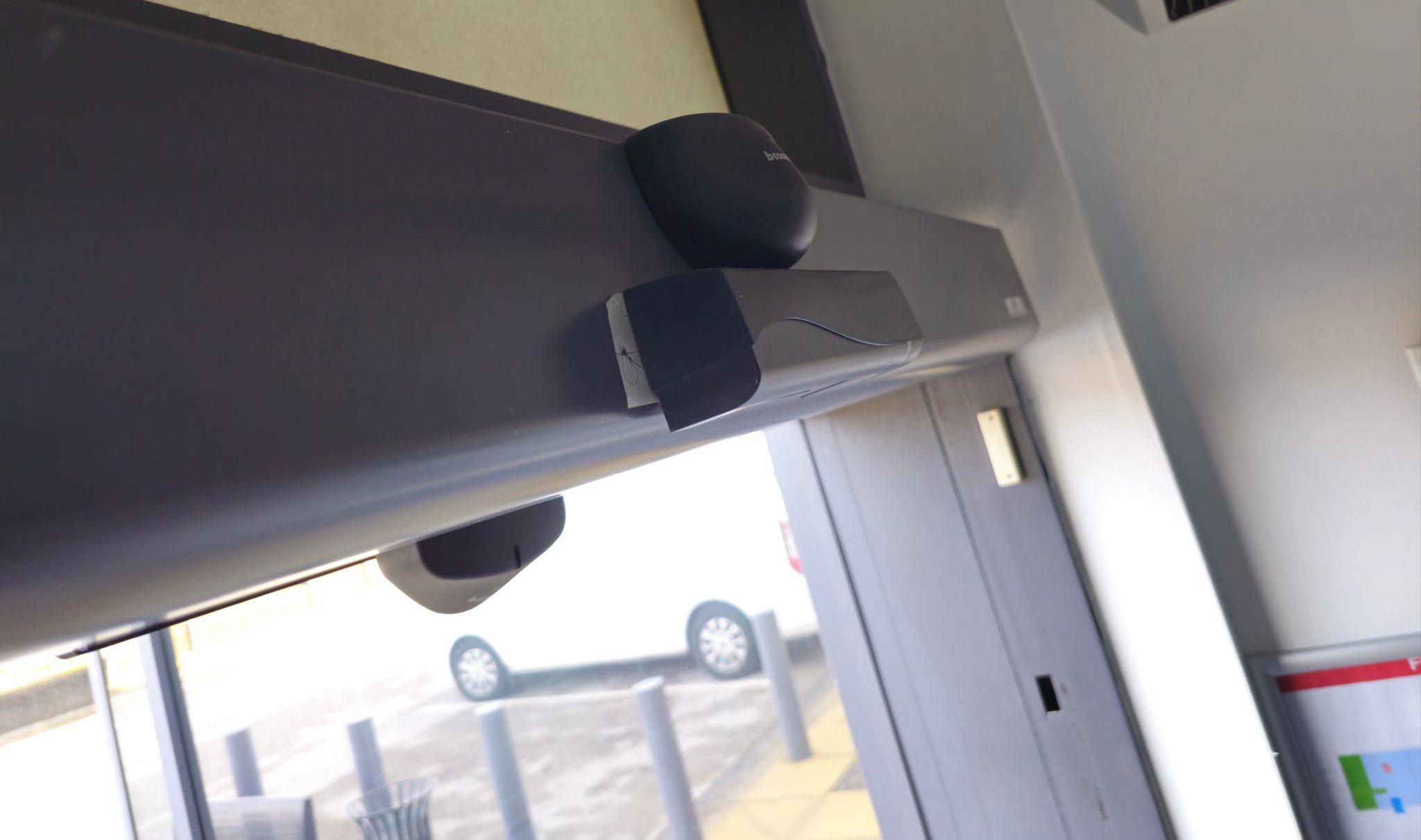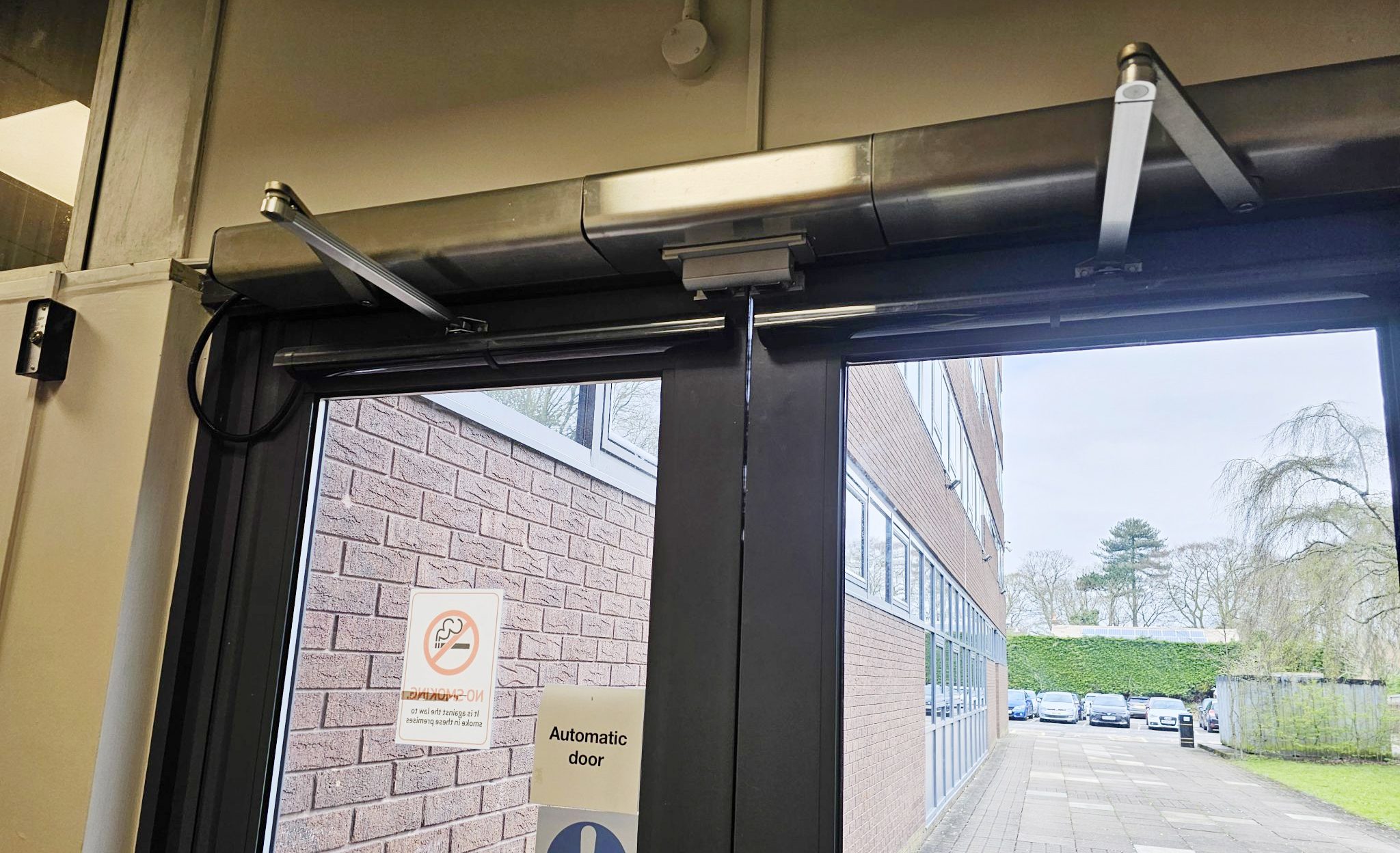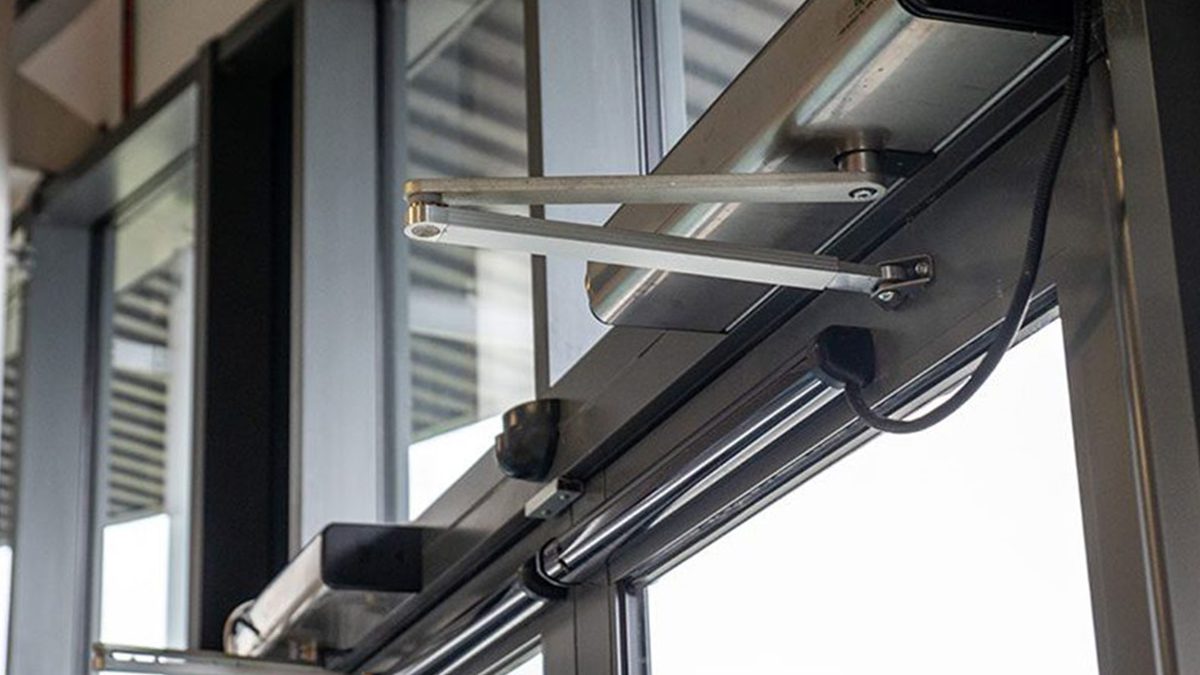The Future of Convenience: The Advantages of Automatic Door Sensors
Step into the future of convenience with automatic door sensors. These innovative devices revolutionize the way we interact with doors, making our lives easier and more efficient. On approach of a sensor, doors open effortlessly, allowing for seamless entry and exit without the need to physically touch the door or use a key.
Automatic door sensors offer a multitude of advantages. They enhance accessibility by providing a hands-free experience, making it particularly beneficial for individuals with disabilities or mobility issues. In addition, they eliminate the need to juggle bags or push open heavy doors, creating a more convenient and stress-free experience for everyone.
Beyond convenience, automatic door sensors also improve safety and hygiene. In this current era, where cleanliness is paramount, touchless options are increasingly preferred. With automatic door sensors, there is no need to worry about germs or viruses spreading through high-touch surfaces.
Embrace the future of convenience and explore the advantages of automatic door sensors. Improve your existing traditional doors and say hello to a seamless, touchless experience that prioritizes accessibility and safety.

How automatic door sensors work
Automatic door sensors utilize advanced technology to detect the presence of individuals and trigger the opening and closing of doors. These sensors can be categorized into different types, including motion sensors, infrared sensors, and pressure sensors. Motion sensors use motion detection technology to sense movement within a certain range, while infrared sensors use infrared beams to detect the presence of a person. Pressure sensors, on the other hand, rely on the weight or pressure exerted on a mat or plate to activate the door mechanism.
Once the sensor detects the presence of a person, it sends a signal to the door opener mechanism, which then activates the motor to open or close the door. This technology can be integrated into various types of doors, including sliding doors, swing doors, and revolving doors, making it a versatile solution for different environments.
Automatic door sensors are typically powered by electricity and can be connected to a building’s power supply or operated using batteries. Some sensors also have additional features, such as adjustable sensitivity settings, delay timers, and safety sensors to prevent the door from closing on a person.

Advantages of automatic door sensors
Increased convenience and accessibility
One of the key advantages of automatic door sensors is the increased convenience they offer. With just a wave of your hand or a step in the right direction, the door opens effortlessly, allowing for seamless entry and exit. This is particularly beneficial for individuals with disabilities or mobility issues, as it eliminates the need to physically push or pull open heavy doors. It also makes it easier for people carrying bags or pushing strollers to navigate through doorways without any hassle.
Moreover, automatic door sensors enhance accessibility by providing a hands-free experience. This means that individuals with limited mobility or those using wheelchairs can easily enter and exit buildings without the need for assistance. Automatic doors can be equipped with additional features, such as extended opening times, to ensure that individuals have enough time to pass through comfortably.
Improved energy efficiency
In addition to convenience, automatic door sensors also contribute to improved energy efficiency. Traditional doors often remain open for extended periods of time, causing air conditioning or heating systems to work harder to maintain the desired indoor temperature. This leads to increased energy consumption and higher utility bills.
Automatic door sensors help mitigate this issue by ensuring that doors remain closed when not in use, preventing the escape of conditioned air and the entry of outside air. The sensors detect when a person approaches the door and open it for the necessary duration to allow passage. Once the person has passed through, the door automatically closes, effectively maintaining the indoor climate and reducing energy wastage.
Enhanced safety and security
Safety is a top priority in any environment, and automatic door sensors contribute to creating a safer space. Traditional doors can pose risks, especially in high-traffic areas, as they may accidentally hit individuals or cause injuries if not properly handled. Automatic door sensors eliminate these risks by opening and closing doors smoothly and safely.
Furthermore, automatic door sensors improve security by controlling access to buildings. These sensors can be integrated with access control systems, such as keycards or biometric scanners, to ensure that only authorized individuals can enter. This helps prevent unauthorized access and enhances the overall security of the premises.
Cost savings and ROI
While the initial installation cost of automatic door sensors may be higher compared to traditional doors, the long-term cost savings and return on investment (ROI) justify the investment. The energy efficiency offered by automatic door sensors leads to reduced utility bills, resulting in significant cost savings over time. Additionally, the enhanced accessibility and convenience can attract more customers and improve overall customer satisfaction, which can positively impact the bottom line.
Automatic door sensors also require minimal maintenance compared to traditional doors. With fewer moving parts and mechanisms, the risk of mechanical failure is reduced, resulting in lower maintenance and repair costs. Regular inspections and cleaning are usually sufficient to keep the sensors in optimal condition.
Applications of automatic door sensors
Automatic door sensors can be applied in various environments and settings, enhancing convenience and accessibility in each of them.
In commercial buildings, such as shopping centres and airports, automatic door sensors facilitate easy entry and exit for customers, particularly those carrying shopping bags or luggage. They also contribute to a positive customer experience by providing a welcoming entrance and minimizing congestion during peak hours.
In healthcare facilities, automatic door sensors improve accessibility for patients and visitors, especially those with limited mobility or those requiring the use of wheelchairs or stretchers. These sensors also play a crucial role in maintaining hygiene standards by reducing the need for individuals to touch door handles, minimizing the spread of germs and viruses.
Automatic door sensors are also commonly used in hotels to provide a seamless check-in and check-out experience for guests. The touchless operation ensures a hygienic environment, while the convenience factor adds to the overall guest satisfaction.
Considerations when installing automatic door sensors
When considering the installation of automatic door sensors, several factors should be taken into account to ensure optimal performance and functionality.
Firstly, the location and environment in which the sensors will be installed should be assessed. Factors such as the type of door, the level of foot traffic, and the presence of any obstructions should be considered to determine the most suitable type of sensor. For example, infrared sensors may not be ideal in areas with direct sunlight, as it can interfere with the sensor’s detection capabilities.
Secondly, it is important to comply with relevant building codes and regulations when installing automatic door sensors. Accessibility requirements should be met to ensure that individuals with disabilities can easily navigate through the doors. Additionally, fire safety regulations may dictate the need for certain types of sensors, such as fire-rated doors that require specialized sensors to ensure compliance.
Finally, it is recommended to work with experienced professionals and consult with ADC to ensure the proper installation and maintenance of automatic door sensors. They can provide expert advice on the most suitable sensor type, ensure proper integration with existing systems, and offer ongoing support and maintenance services.

Conclusion: Embracing the future of convenience with automatic door sensors
Automatic door sensors offer a multitude of advantages, ranging from increased convenience and accessibility to improved energy efficiency and enhanced safety. These innovative devices are transforming the way we interact with doors, providing a seamless, touchless experience that prioritizes accessibility, safety, and hygiene.
As we continue to embrace technology in our daily lives, automatic door sensors are becoming increasingly common in various environments, including commercial buildings, healthcare facilities, and hotels. Their ability to enhance the overall experience for individuals, while also delivering cost savings and ROI, makes them a valuable investment for businesses and organizations.
So, step into the future of convenience with automatic door sensors. Upgrade to a touchless, seamless experience that prioritizes accessibility, safety, and efficiency. Embrace the future of convenience and elevate your doors with automatic door sensors today..
Latest News
Why Should You Fit Automatic Door Protectors?
Why Should You Fit Automatic Door Protectors? What Is the Purpose of Fitting Automatic...
The Invention of Automatic Doors: A Revolutionary Journey In Time
Automatic Doors: From Ancient Inventions to Modern ConvenienceSliding Through Time:...
Leading Aluminium Systems From Comar, Technal, and Senior
Leading Aluminium Systems From Comar, Technal, and Senior In the evolving landscape of...




